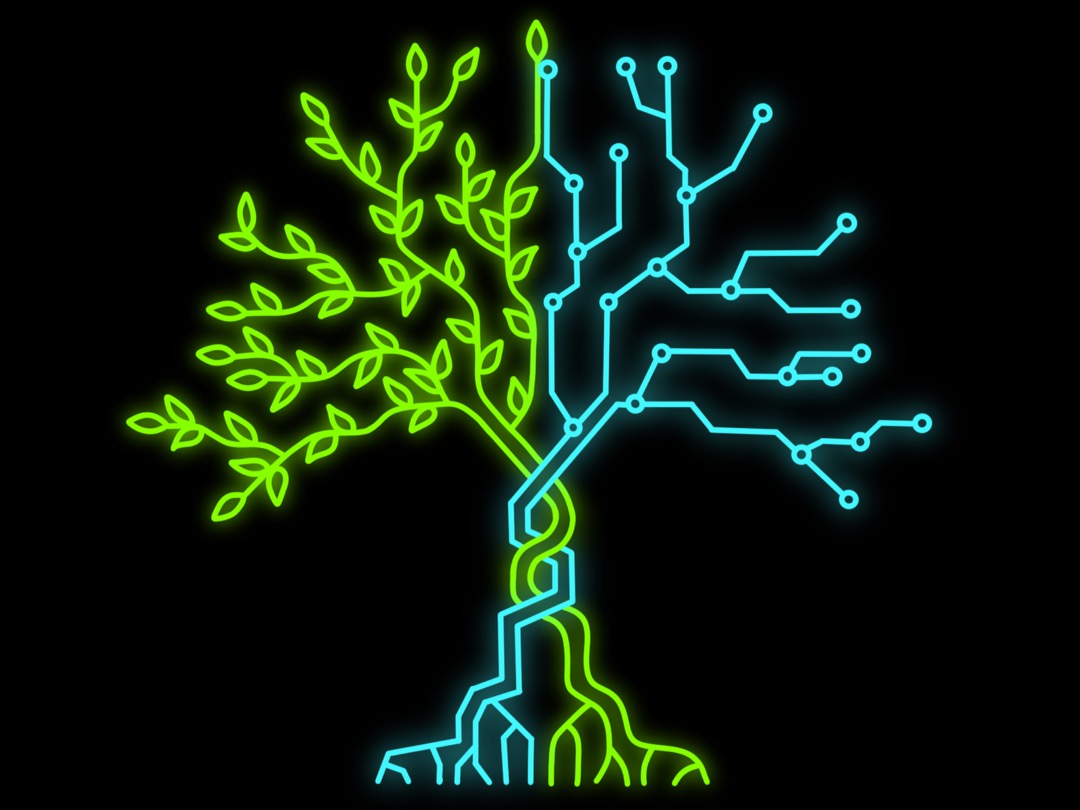Have you ever wondered about the meaning behind your recurring dream of falling? Or, if your nightmare about clowns is something deeper than a fear? Regardless of whether your dreams are black and white or full of color, lucid or difficult to remember, they still may carry something deeper. Weaving together emotion, imagination and even mystery, dreams have the power to hold profound meanings and be a source of self-discovery or understanding.
According to Oxford Languages, a dream is a series of thoughts, images and sensations occurring in a person’s mind during sleep. In eight hours of sleep, the average person has three to five Rapid Eye Movement (REM) cycles. During this time, the brain’s thinking stops, but its cognitive activity continues in an unconscious state through dreams. This stage is called Rapid Eye Movement because of the way eyes move behind eyelids while one is dreaming. REM accounts for 25 percent of the total time one spends sleeping and typically the average person has about three to five dreams nightly during this cycle.

Psychology teacher Jonathan Hirsch is knowledgeable about the sleep cycle and how it influences brain activity.
“It’s within that state of deep relaxation that your body does physical healing. The brain has time to digest things that it can’t do while you’re moving around. [The] purpose of sleep is recharging, but there are parts of your brain that are still active so that you can wake up if you need to,” Hirsch said.
Even though there has been a significant amount of research on cognitive activity while sleeping, it has been challenging to fully understand dreams because of the lack of data and the reliability of the data that neurologists have been able to collect.
According to Hirsch, one way of collecting data is by waking people up and asking them what they had dreamt about. This evidence alone, however, is not very reliable because in one given sleep cycle, a person could have had a dozen dreams and only remember one. The other way of collecting data is through sleep labs. Sleep labs are limited in their abilities though, as they rely on Magnetic Resonance Imaging (MRI) to gather data. The only way an MRI works is if the subject doesn’t move at all, which is a difficult requirement to fill for an entire night of sleep.
That being said, one of the specific types of dreams that neurologists have been able to recognize is lucid dreaming. Initiating a lucid dream is not an easy feat and there is not one specific way of trying to have one. The most common attempt includes practicing awareness in an unconscious state.
“A lucid dream is a dream that — to a degree — you can guide [and be] aware of what’s happening. To gain that awareness, [during sleep an individual] has to reconnect with a conscious part of their brain, which we [normally] turn off when we sleep,” Hirsch said “While lucid dreams can be fascinating and cool, and may end up having some kind of therapeutic or cognitive value, I question the value in trying to [lucid dream], at least on a regular basis for anything other than the pure entertainment of it.”
Analyzing the meaning behind our dreams is another field that has yet to be fully explored. Dreams can be interpreted, but doing so is more difficult than it seems. For instance, if you have a recurring nightmare about falling off a cliff, that does not necessarily mean you have a fear of falling, as one may assume. Instead, a common theory is that a recurring dream about falling could be symbolic of the feeling of being out of control.

Hirsch explains that when we try to interpret dreams, it is important not to be literal about the imagery.
“[To interpret dreams], we have to remove the context of our modern society. We have to remove buildings and technology and the way we live our lives today,” Hirsch said.
Because the conscious mind has difficulty healthily processing emotions, some believe that dreaming can be a vehicle for processing emotions and that journaling about dreams can give you a new perspective. Often, remembering and writing down a dream gives one the ability to look into what the dream could mean. Senior Jake Williams is currently taking psychology and speaks to the value that dreams can hold.
“I don’t think your dreams can tell you what’s going to happen in your future, but I do think they are expressions of what you’re repressing, and your fears and other emotions that you may not consciously feel,” Williams said.
One resource that offers dream interpretation for those who are curious about a specific dream is the National Dream Hotline. By calling the phone number (773)427-0155, one can hear a professional opinion on what their dreams truly represent in their reality. The hotline, offered by the University of Metaphysics, offers a free dream interpretation webinar every Wednesday from 4:30 p.m. to 5:30 p.m., hosted by professionals at the university. Callers may reach any one of the seven branches at https://som.org/schools/ or visit https://dreamschool.org/ for the webinars.
While dreams may not be a prediction of the future, exploring their meaning can be entertaining and even therapeutic for some people – specifically individuals who hope to learn more about themselves through their dreams. Next time you wake up in the middle of the night from a nightmare or a strange dream, consider writing it down to explore its true meaning — you might be able to learn more about your fears, hopes and aspirations.








